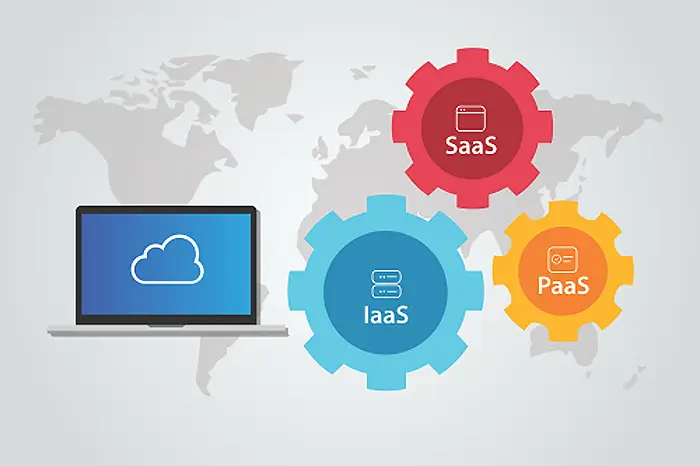In the ever-evolving digital landscape, businesses are increasingly relying on web applications to streamline operations, enhance user experiences, and stay competitive. Off-the-shelf solutions might seem like a convenient option, but there’s a compelling case for bespoke web application development. Tailoring a web application to fit the unique needs and goals of a business can yield a myriad of benefits. Let’s explore the top 10 advantages of opting for bespoke web application development.
Customisation for Unique Business Needs:
Unlike generic off-the-shelf solutions, bespoke web applications are crafted from scratch to meet the specific requirements of a business. This customisation ensures that the application aligns perfectly with the unique processes and workflows of the organisation, providing a tailor-made solution that can adapt to changing business dynamics.
Scalability and Future-Proofing:
Bespoke applications are designed with scalability in mind. As a business grows, its processes and requirements evolve. A custom web application can be easily scaled up to accommodate increased data, users, and functionalities without the need for a complete overhaul. This future-proofing capability ensures that the application remains effective and relevant in the long run.
Enhanced Security Measures:
Security is a paramount concern in today’s digital landscape. Off-the-shelf solutions, being widely used, can become targets for cyber threats. Bespoke web applications allow for the implementation of robust security measures tailored to the specific needs of the business. This includes encryption protocols, user authentication, and other tailored security features to safeguard sensitive data.
Optimised Performance and Speed:
Generic solutions often come with unnecessary features that can slow down performance. Bespoke web applications are finely tuned to deliver optimal performance, ensuring faster loading times and seamless user experiences. This optimisation contributes to improved user satisfaction and engagement.
Integration with Existing Systems:
Businesses often have existing systems and tools in place. Bespoke web applications can be seamlessly integrated with these systems, creating a cohesive digital ecosystem. This integration streamlines processes, reduces data silos, and enhances overall operational efficiency.
Enhanced User Experience:
User experience is a critical factor in the success of any web application. Bespoke development allows for a user-centric approach, tailoring the interface and functionalities to meet the specific needs and preferences of the target audience. This results in a more intuitive and enjoyable user experience.

Greater Control and Flexibility:
With a bespoke web application, businesses have complete control over the development process. They can prioritise features, make adjustments as needed, and have the flexibility to adapt the application in response to changing requirements. This level of control is invaluable for businesses aiming to stay agile in a dynamic market.
Cost-Effectiveness in the Long Run:
While the initial investment for bespoke web application development might be higher than off-the-shelf solutions, the long-term cost-effectiveness is evident. Custom applications are built to be efficient, reducing the need for frequent updates, patches, or extensive support. This leads to lower maintenance costs over time.
Comprehensive Support and Maintenance:
Bespoke web applications often come with dedicated support and maintenance services. This ensures that any issues are promptly addressed, updates are seamlessly integrated, and the application remains in peak condition. Businesses can rely on ongoing support to address evolving challenges and opportunities.
Unique Competitive Advantage:
Finally, bespoke web applications can provide a unique competitive advantage. A custom solution that perfectly aligns with the business’s goals and processes sets it apart from competitors relying on generic solutions. This uniqueness can be a key differentiator in attracting customers and partners.
The benefits of bespoke web application development extend far beyond initial customisation. The tailored nature of these applications ensures a perfect fit for the business, offering scalability, security, and a competitive edge in today’s fast-paced digital landscape. As businesses continue to navigate the complexities of the online world, investing in bespoke web applications emerges as a strategic and forward-thinking choice.
For more information about our custom web appplication services click here.









